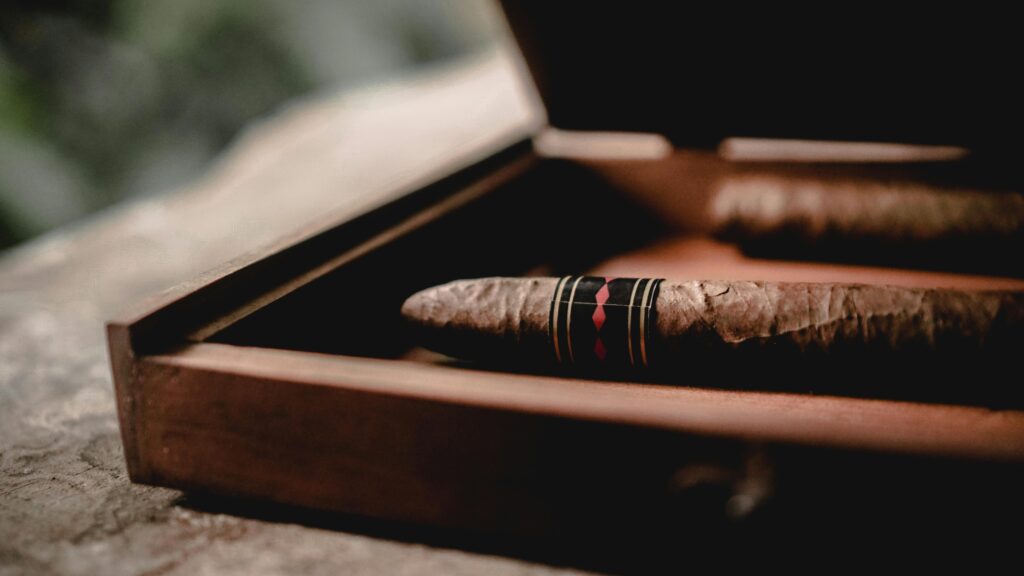
There’s nothing more disheartening for a cigar enthusiast than discovering that a prized cigar has dried out. Proper storage is key to preserving the quality of your cigars, but mistakes happen. The good news? A dry cigar can often be saved with patience and the right approach. In this guide, we’ll walk you through the steps on how to rehydrate a dry cigar and prevent it from happening again.
Humidity plays a vital role in keeping cigars fresh and flavorful. Ideally, cigars should be stored in an environment with a relative humidity of 65-72% and a temperature of around 68°F (20°C).
However, cigars can dry out for several reasons:
When cigars dry out, they lose their essential oils, which can impact their flavor and burn quality. But with a careful restoration process, you may be able to bring them back to life.
Before diving into the restoration process, assess whether your cigar is salvageable. Here’s how:
If your cigar is too far gone, it’s best to let it go. But if it shows signs of life, it’s worth the effort to rehydrate it.
One of the most important aspects of restoring a dry cigar is patience. Attempting to rehydrate too quickly can cause the wrapper to split or crack. So instead of adding an excessive amount of humidity to your humidor, or directly rubbing water on the dried out cigars, just add a normal amount of humidity and let it rehydrate over time.
To rehydrate a dry cigar, you’ll need a controlled environment. Here’s what to do:
Check on your cigar regularly to ensure it’s rehydrating evenly. Be patient—rushing the process can lead to uneven moisture distribution, which may affect the cigar’s performance.
The best way to deal with dry cigars is to prevent them from drying out in the first place. Here are some tips:
Restored cigars can be enjoyed, but they may not fully return to their original condition. Here’s what to keep in mind:
A dry cigar doesn’t have to be a lost cause. With the right steps and a little patience, you can restore its moisture and enjoy it once more. To prevent future mishaps, invest in a reliable humidor to maintain proper humidity levels. If you’re looking for high-quality cigar accessories to keep your cigars in top condition, explore our collection today.
How long does it take to rehydrate a dry cigar?
The rehydration process can take anywhere from a few days to several weeks, depending on how dry the cigar is.
Can I use water to rehydrate my cigar directly?
No, it’s not recommended to apply water directly to a cigar. This can cause the wrapper to split or lead to uneven moisture distribution. Use a controlled environment instead.
What should I do if my cigar is cracked?
If the crack is minor, you can still rehydrate and smoke the cigar. Handle it carefully during the restoration process to avoid further damage.